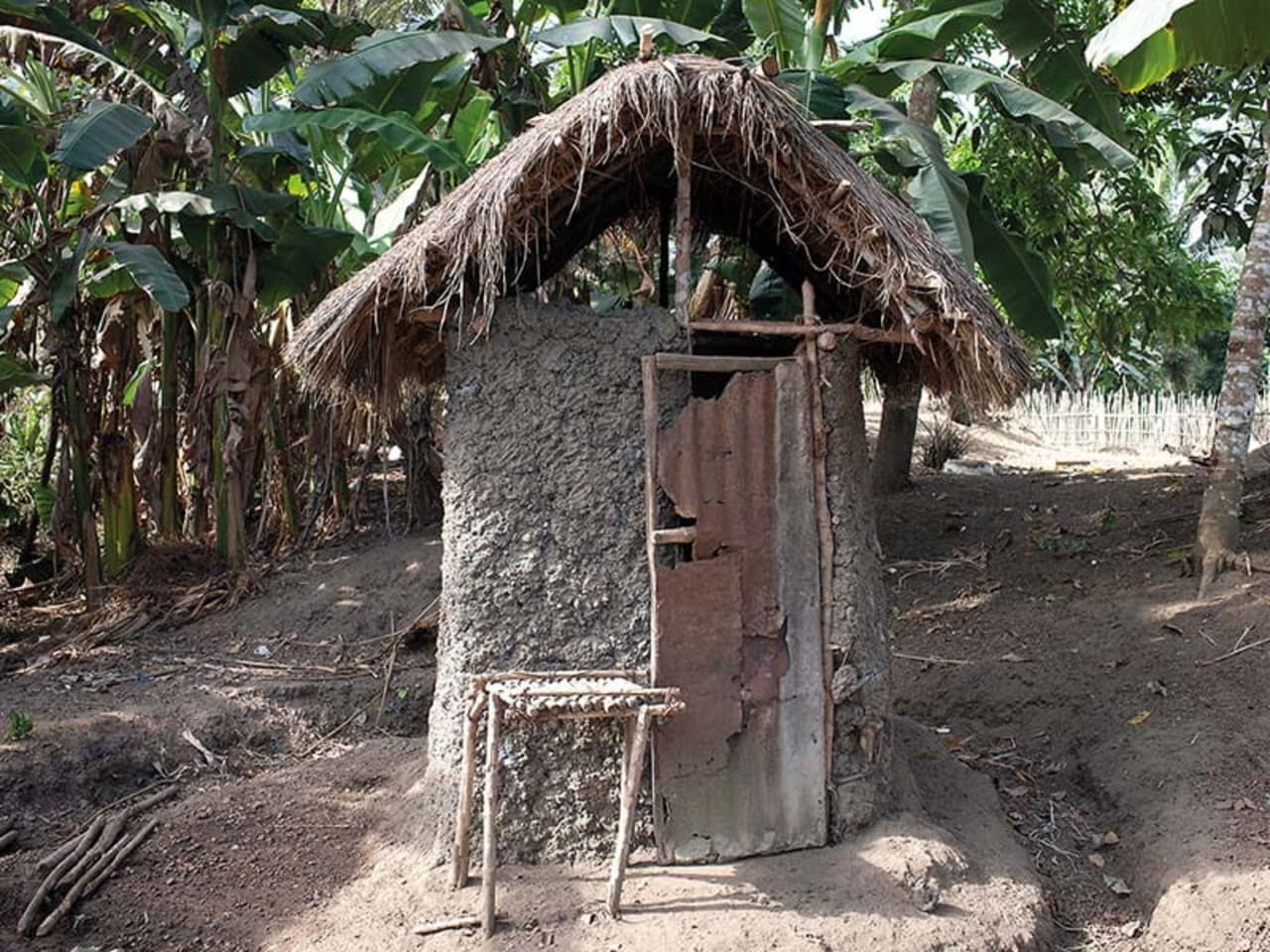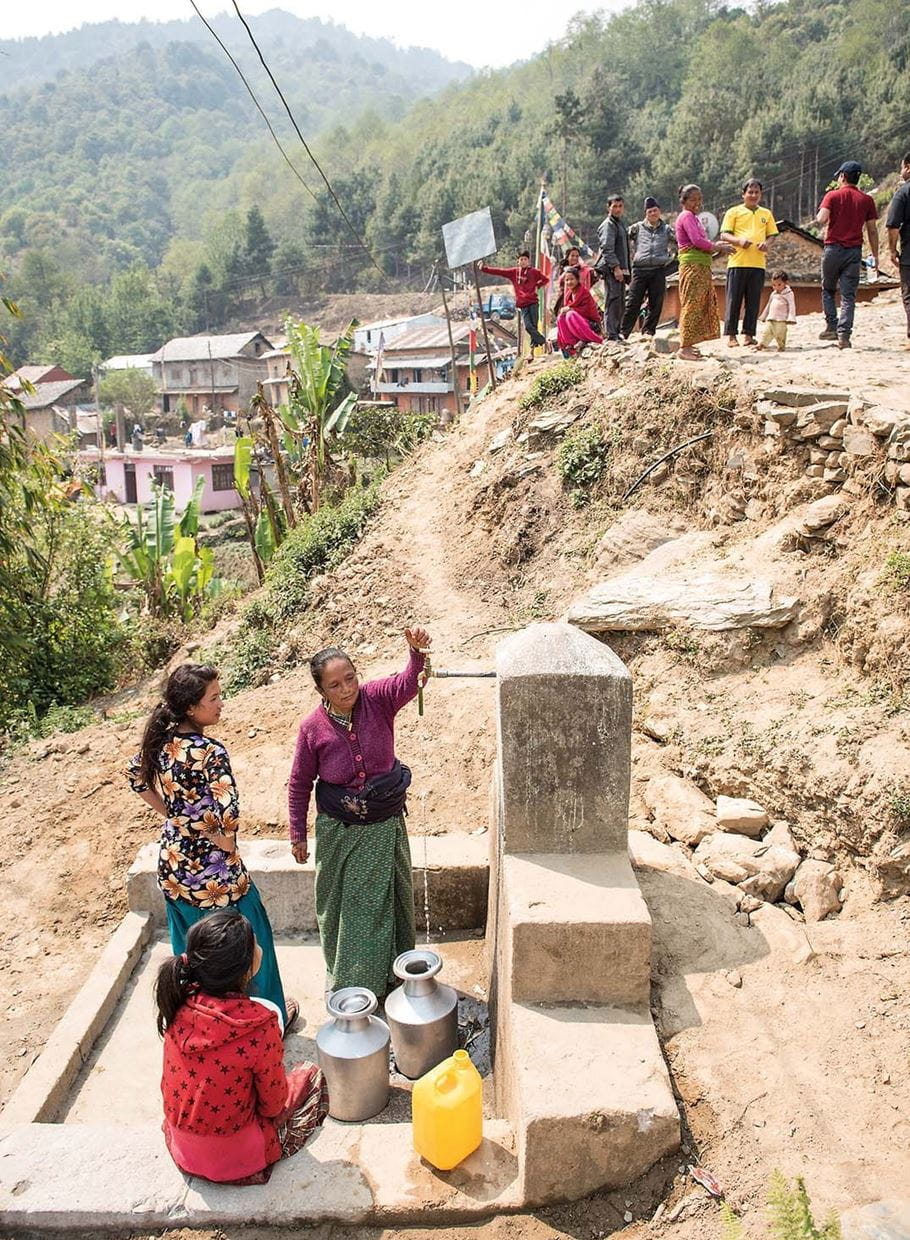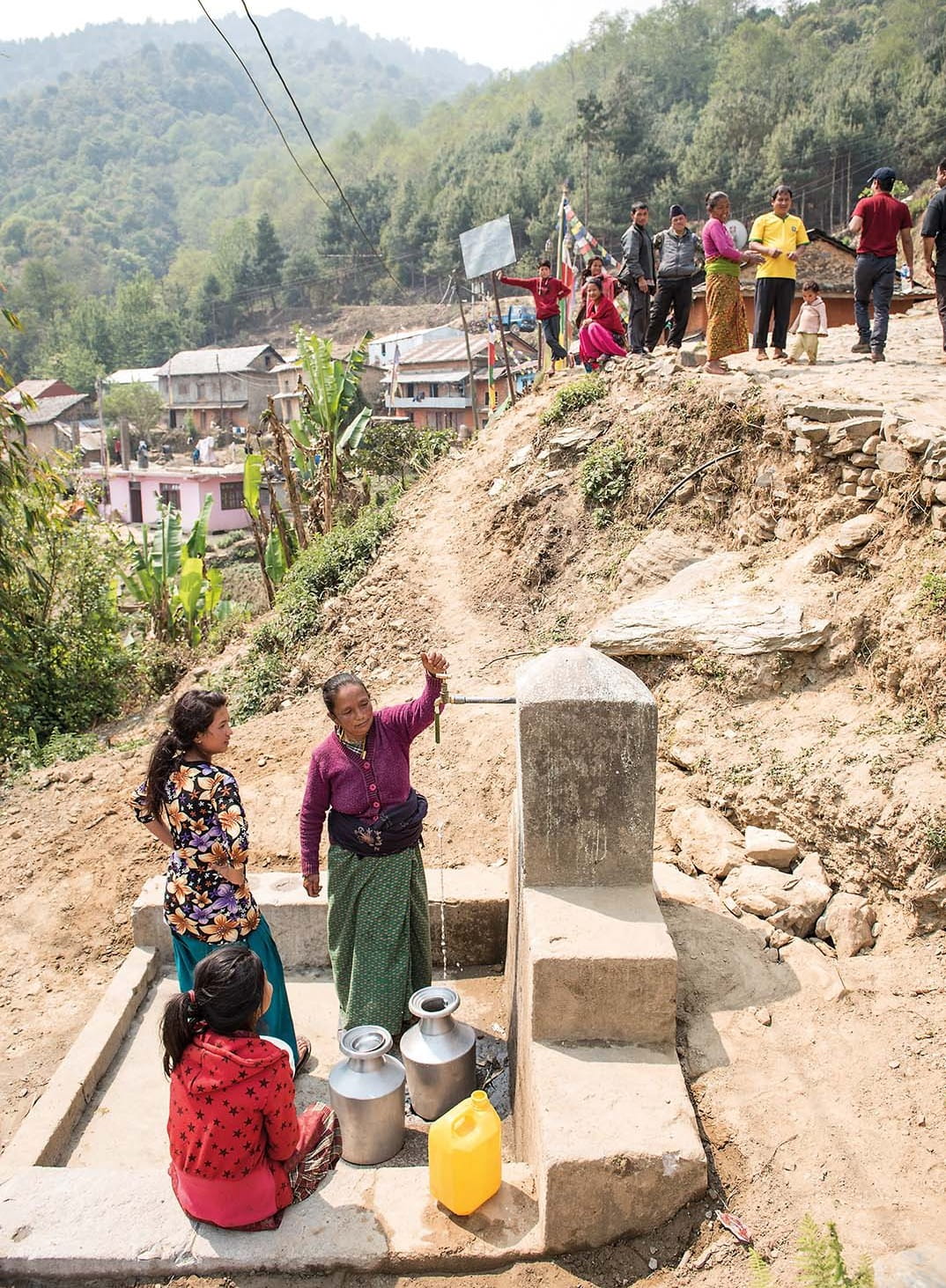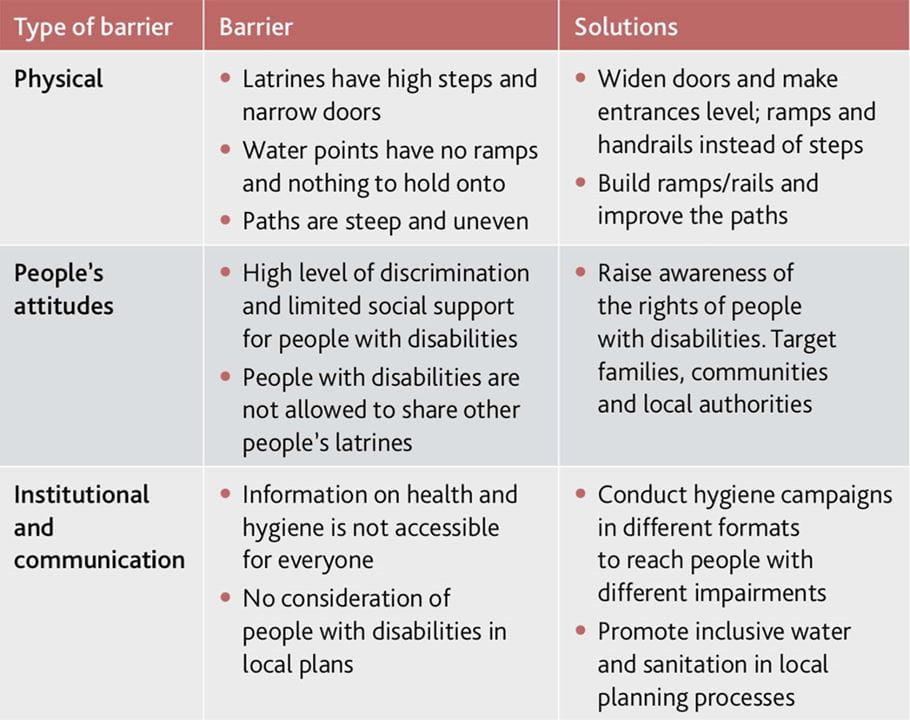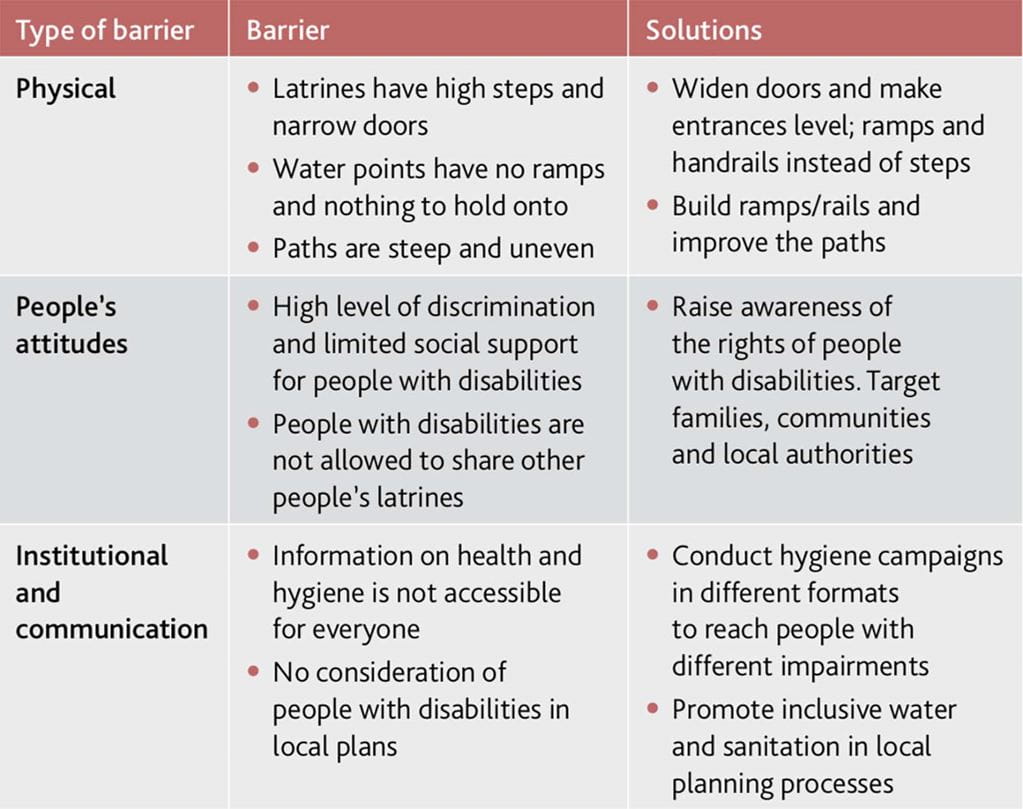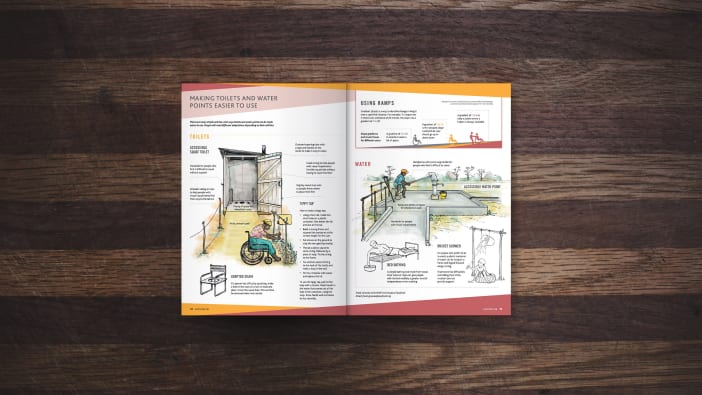Finding a decent toilet to use, or safe water to drink and wash with, is a daily struggle for millions of people. But for those who have a disability, the challenge is often even greater.
There are many reasons for this.
- Lack of consultation. Toilets and water points are often built without taking into account the needs of people with disabilities. For example, there may be steps or not enough space for wheelchair users to turn around.
- Stigma and discrimination. The stigma associated with disability in some communities means that people with certain impairments may be prevented from using the same toilets and water points as everyone else. In addition, some people are ashamed of their family members with disabilities and keep them hidden. This means they are not involved in any of the decisions made by their communities about water and sanitation.
- Financial constraints. People with disabilities and their families may not have enough money to build suitable toilets or adapt water points to make them more accessible.
Impact
If these problems are not overcome, children and adults might:
- find it difficult to go to school, training and community events because there are no suitable toilets
- become vulnerable to abuse and neglect because of isolation and reliance on others
- have to defecate in containers in their homes, or in the open, increasing the risk of disease
- struggle to keep themselves and their clothes clean, damaging their health, lowering their self-esteem and affecting how others treat them
- lose confidence and become unwilling to talk about their needs
- find that with no education or independence, hopes for a career and a decent livelihood are lost, trapping them in poverty.
It can be very humiliating for people to have to rely on others to help them with their most basic and private needs. It also creates a high workload for the family. Children, particularly girls, are frequently removed from school to support family members with disabilities.
Barrier analysis
It is important to work out why some people do not have access to adequate toilets and safe water. What are the barriers they face? Communities can then work together to overcome some of these barriers.
People with disabilities must be included from the start. This will make sure that their voices are heard and their needs are taken into account. It will also help to build positive relationships as everyone works together to improve community health and well-being.
People with disabilities must be:
- specifically invited to meetings, otherwise they might not hear about them, or might assume they are not invited
- helped to attend meetings or visited at home if necessary
- encouraged to speak and contribute, recognising and valuing their skills and abilities
- able to access the same information as everyone else (eg audio messages for people with sight loss, visual messages for those who don’t hear well, pictures for people with intellectual disabilities)
- involved in reporting on the success (or otherwise) of any changes that are made.
It can sometimes be helpful to bring people with disabilities together to discuss their experiences in a supportive group. Women and men may prefer to meet separately.
Below are three steps towards making toilets and water points more accessible for people with disabilities.
STEP 1 – Look at things differently
A walk through the community can help people become more aware of the difficulties that people with different types and levels of disability face. Encourage everyone to think beyond the more obvious physical barriers – such as steps or distance to water points – to how community attitudes might be having an impact.
Ask participants to write, draw or speak about the barriers they have become aware of and record their contributions in a way that everyone can understand. One method is to write or draw each contribution onto a separate piece of paper. The pieces of paper can then be moved around and put into groups according to barrier type: for example, ‘physical barriers’, ‘people’s attitudes’ and ‘institutional and communication barriers’.
STEP 2 – Make plans
Discuss potential solutions to the barriers that have been identified. The table below shows some examples from Cambodia.


